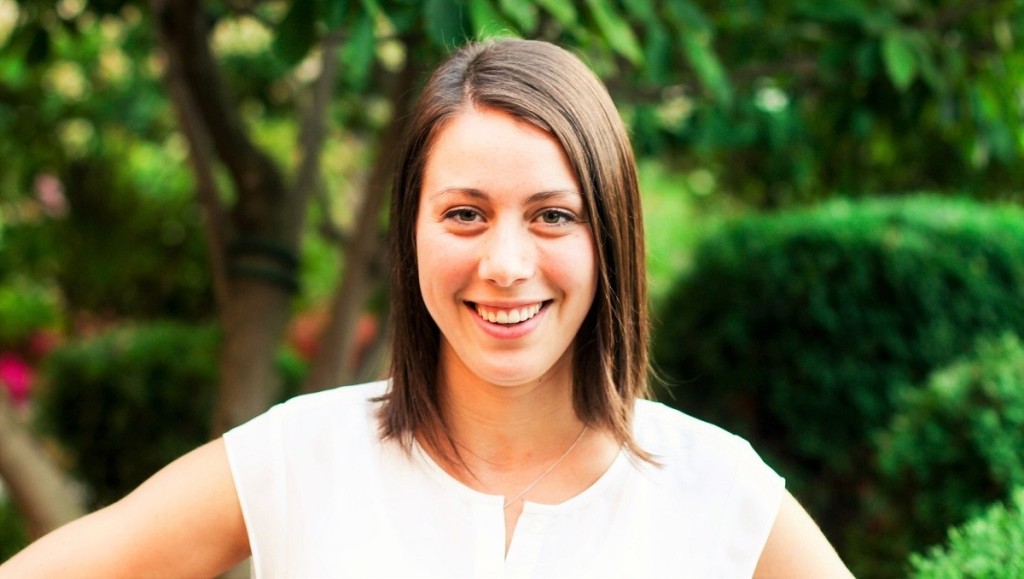Recently I attended a fundraising dinner for the Archdiocese of Ottawa. A number of CCO staff members were seated with me at the table and I happened to be beside Annie Flaherty, one of our campus missionaries originally from Toronto, now serving students at Carleton University in Ottawa.
She started out the conversation with pleasantries but very quickly asked me a curious and powerful question: “If it were possible, who would you want to sit down with to learn about leadership?” My initial, clarifying response was to ask, “Alive or deceased?” Sometimes people ask these theoretical questions as if you could include anyone in history. But Annie was looking more for a person in my present circumstances that I might have learned from. I figured that she likely asked me this because I had made this recommendation to her and other young leaders as part of a training session I gave in August (Leaders Must Be Learners).
I shared a few recent examples from some conversations I’d had (Interview with Ambassador Bennett) and some I hope to meet in the future, but then I asked her the same question. After thinking about it for a few moments, she shared what I think is wonderful wisdom for any virtuous leader. Here it is in Annie’s own words:
‘Back in February of 2013 during reading week, I had the opportunity to visit with my Aunt Mary. She is the youngest of four children. At a very young age, however, their father passed away. Despite many hardships and difficult circumstances throughout her life, my Aunt’s positive attitude never changes. My Aunt went on to a career in real estate and made quite a name for herself. She quickly became one of the highest profiting real estate agents in Menlo Park, Northern California.
Everyone who meets her loves her. She is fun, personable, and very animated! One night as we were all sitting around the dinner table she began telling stories from her life. I think I had asked her if she could share some examples of life lessons that she thought had contributed to her overall success. Ever since that day, her advice has stuck with me. She said, “Annie, how you do one thing is how you do everything”.
I’ve taken that advice to heart. Every so often when I’m making my bed somewhat sloppily I think of her words, “how you do one thing is how you do everything”. I take the time to smooth out the wrinkles, and tuck my sheets in properly. Occasionally as I am hurriedly washing the dishes her words pop into my head: “how you do one thing is how you do everything”. I put the semi-dirty spoon that I’m drying back into the soapy water to wash it again, more thoroughly. Usually I feel a sense of satisfaction for having completed the task well.
Today, I can see how these little acts of discipline have allowed me to form better habits in all areas of my life, including my faith journey. She taught me that if “how you do one thing is how you do everything”, then striving for excellence in one area will automatically translate into becoming excellent in all areas, regardless of where you are or who you are with. I realize that she was not suggesting that we should try to achieve perfection in all areas of life, as Jesus is the only perfect human being; nevertheless, we can strive to do our best in all things for the greater glory of God. That was one of the most important leadership principals that I took away from her.’
A leader’s character is certainly tested during significant difficulties, but it is most often built through faithfulness in small matters. Virtuous leaders attend to the small things that form good habits and right thinking. This approach pays dividends. The one who is faithful in small things will also be faithful in large matters. How are you building your character in the small things?
